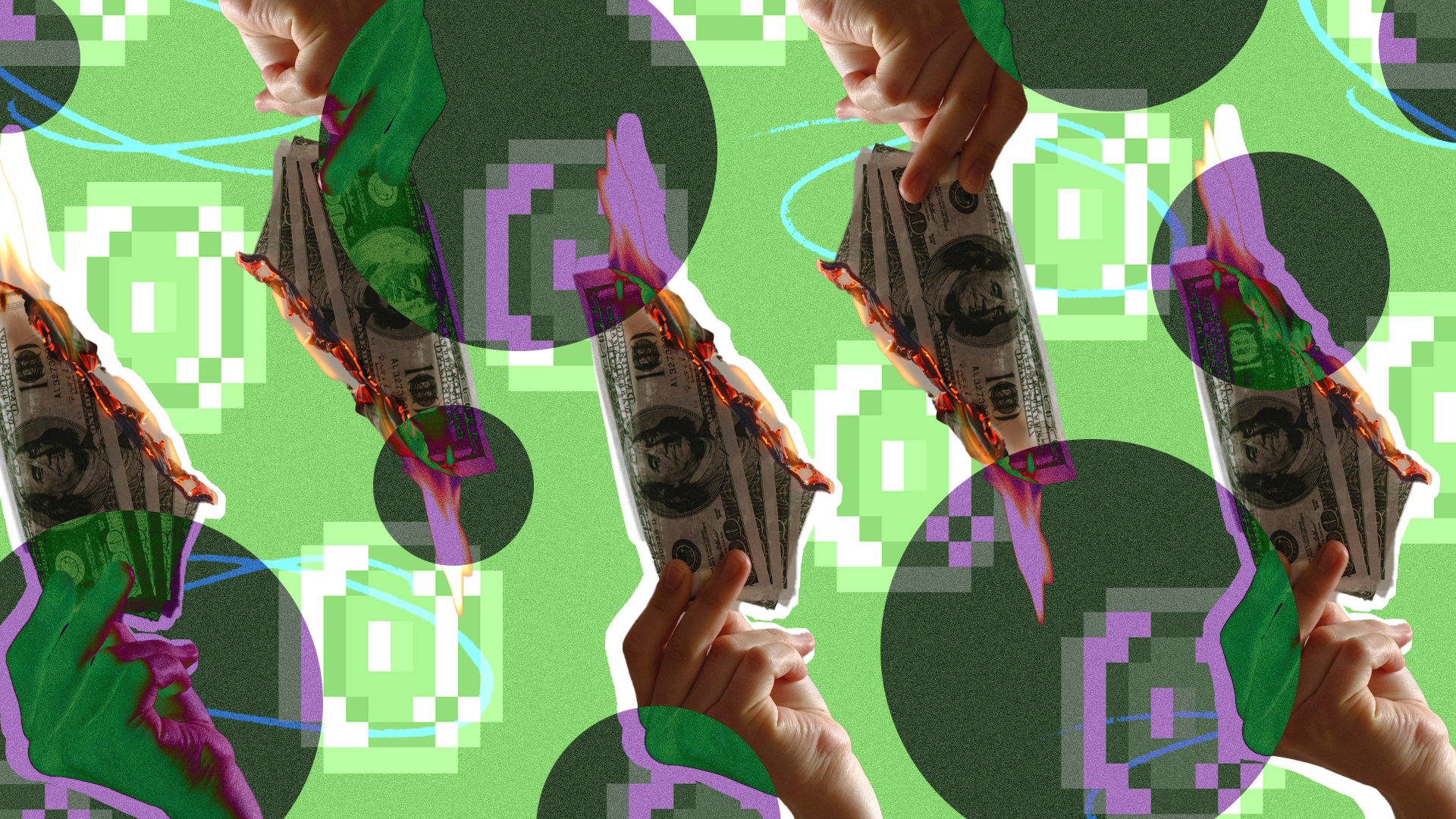A new circular from the Reserve Bank of India allows willful defaulters and fraudsters to make compromise settlements with banks.
In a turnaround from its 2019 guidelines, which dealt harshly with willful defaulters and fraudsters, in June 2023, the Reserve Bank of India published a series of circulars which make these borrowers eligible for compromise settlements.
Now, those who have purposely misused the funds lent to them or refuse to repay loans despite having the capacity to do so are also allowed to negotiate and reach compromise settlements with banks.
The rationale offered for this move is to cut red tape in the economy and make financial frameworks more borrower-friendly, but it has drawn the ire of bank unions and the broader public.
This is understandable for two reasons.
Firstly, it seems fundamentally unfair to treat individuals and companies who have squandered or embezzled funds just as one would treat a borrower in a truly distressed situation.
Secondly, the implications of this change for financial stability, especially in climate of high inflation and rising interest rates, could be significant.
Before this change, if the borrower had used the funds given to them illegally (fraud) or refused to pay even though he/she had the capacity to do so (willful default), then the bank and the borrower had to approach the Debt Recovery Tribunal.
The objective of the tribunal, as its innovative name suggests, is to extract as much money from the borrower as possible. This procedure is generally long and excruciating. It is so infamous that it actually acts as a disincentive for people to commit willful default or fraud, as they would remain embroiled in litigation for years on end.
A compromise settlement initially seems like a welcome alternative to this bureaucratic wrangling of funds.
Here, the borrower pays a certain amount of cash instantly. However, this has a flip side. A large proportion of the loan (around 70-80%) is ‘technically’ written off. This means that while the amount that is written off remains ‘outstanding’ on the borrower’s account and they do have a legal obligation to pay it, the bank recognises that its recovery is unlikely and agrees to not coerce the borrower into paying it (which is what Debt Recovery Tribunals would tend to do).
The red flag of ‘moral hazard’ is glaringly visible here. If you know that you can get away with misusing funds or defaulting on your loans even when you have a yacht that can cover it, why would you try and repay?
While this in itself is troubling, the knock-on effects it has are even more so.
When a large debt is written off, the bank must make provisions to cover the losses generated. It does this by using its reserves in the system. This lowers the liquidity or ready cash the bank has on hand.
This increases the likelihood of the bank not having enough money to give out if too many depositors try to make withdrawals simultaneously. Thus, the increased risk of a bank run lowers the trust in the banking system as a whole, which is crucial in a year which has seen the biggest bank failures since 2008.
Another alternative to banks using their reserves is the government stepping in and using taxpayers’ money to cover the written-off debts.
This is both ethically and fiscally problematic. By giving money to banks, the government is essentially pumping more money into the economy. This comes at a time when both the reserve bank and the government are trying to reduce inflation, a problem that arises when too much money chases too few goods.




















